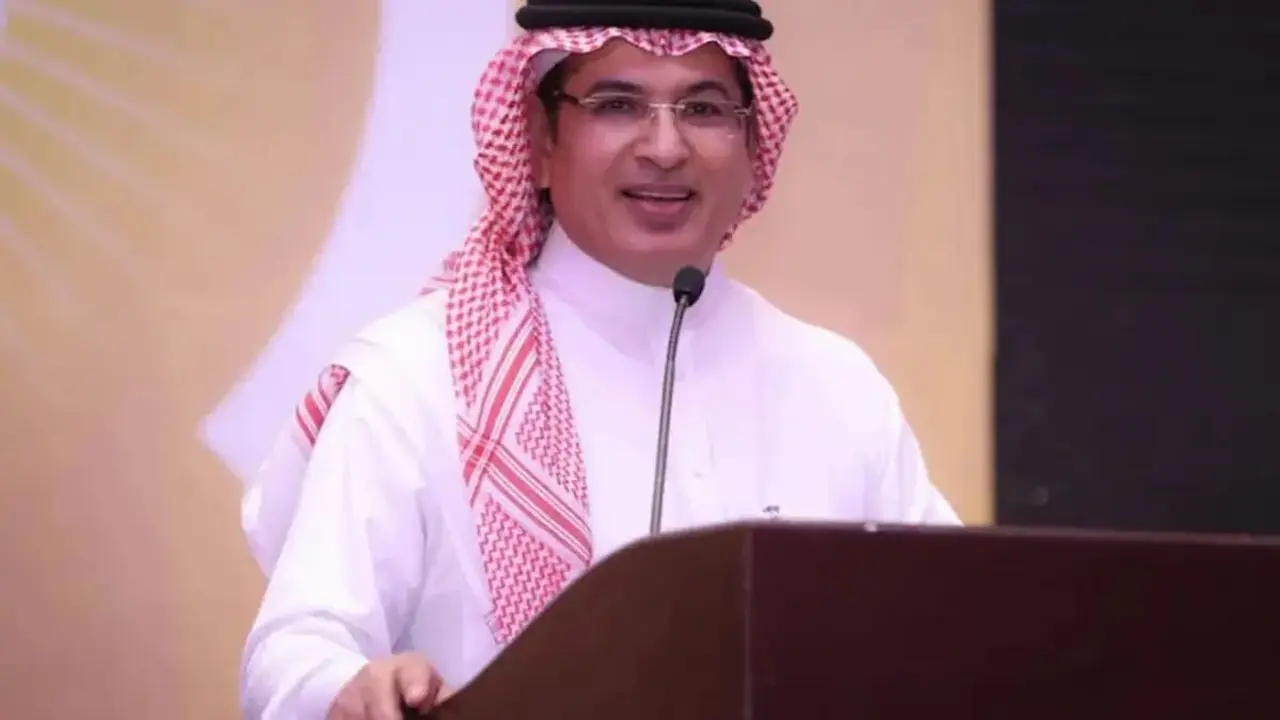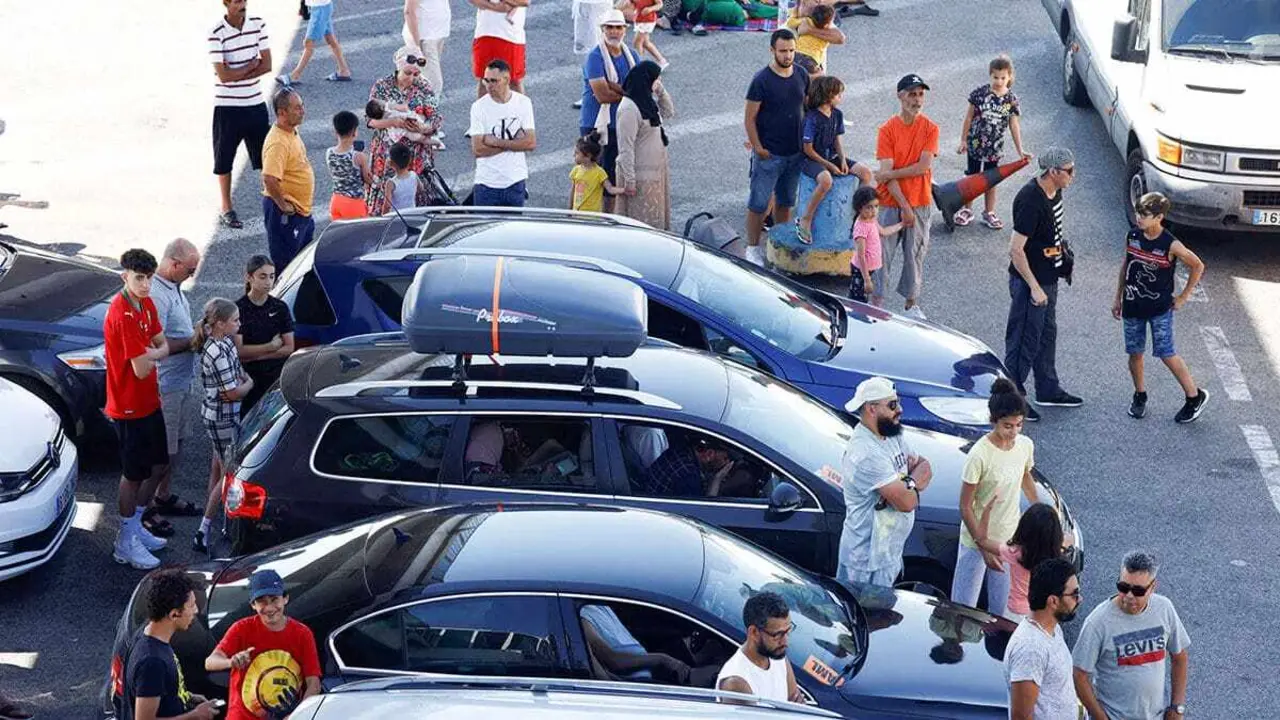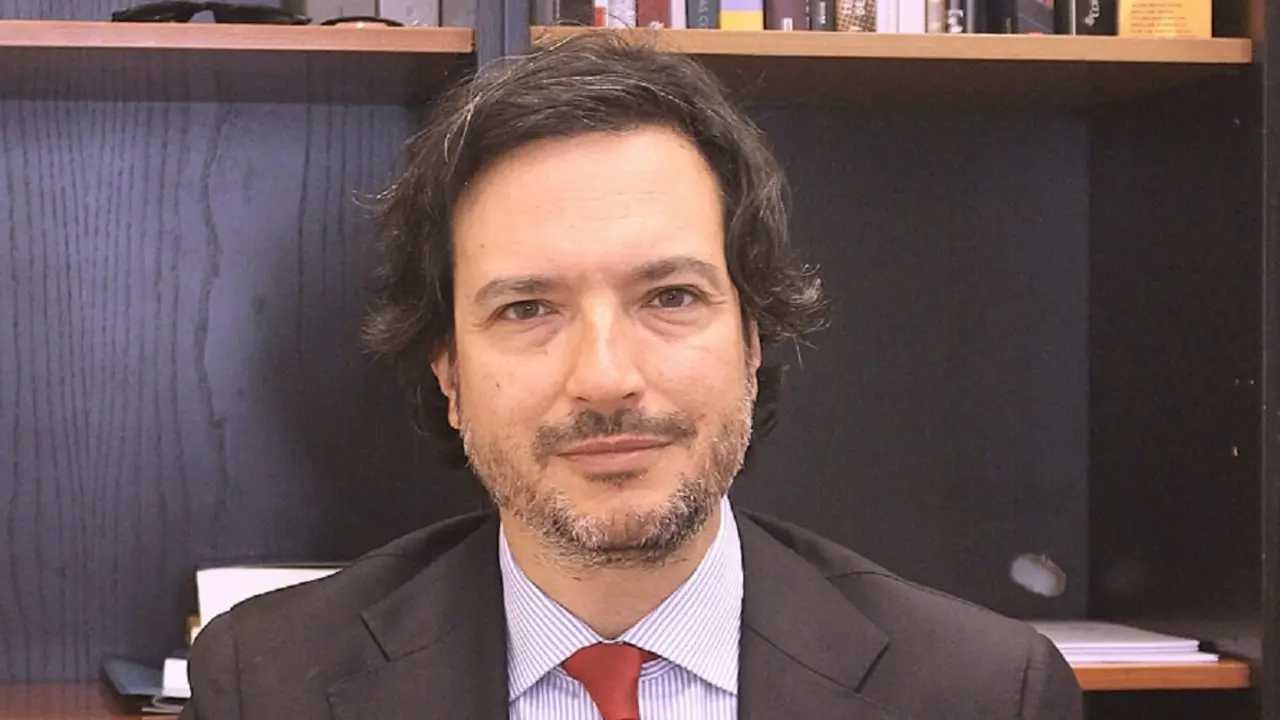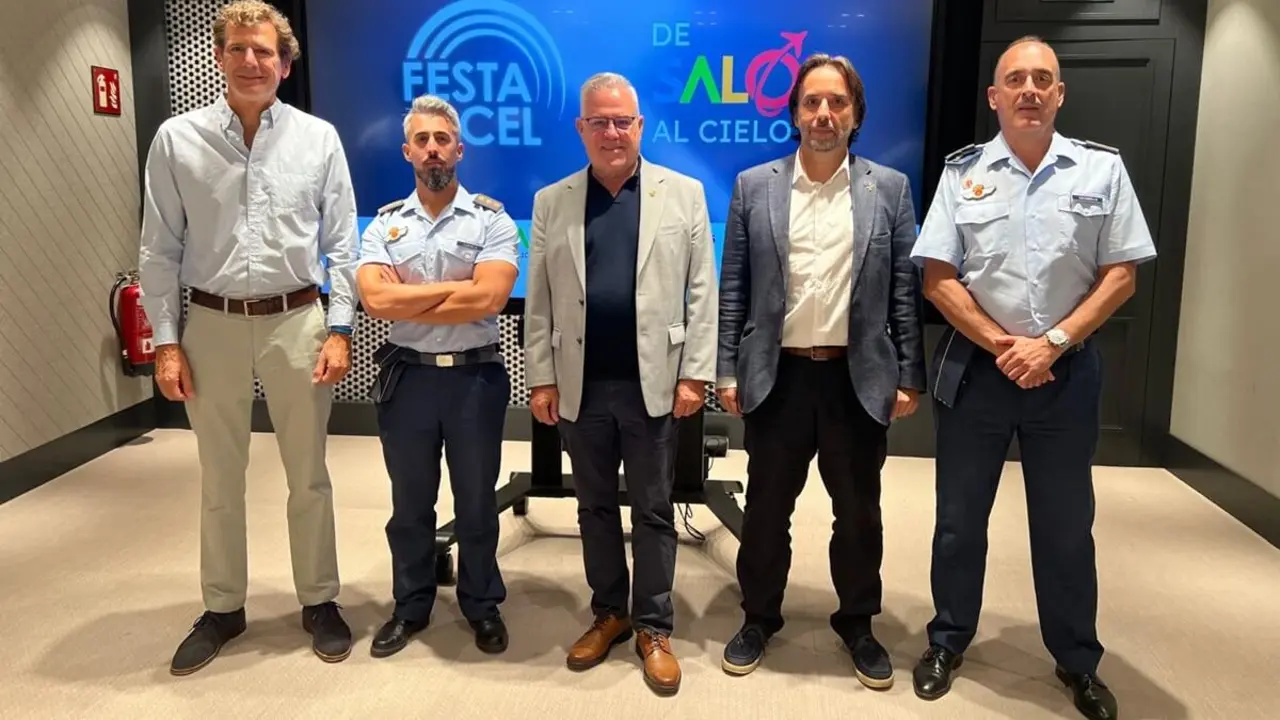Reflection on the America of the past from the 21st Century
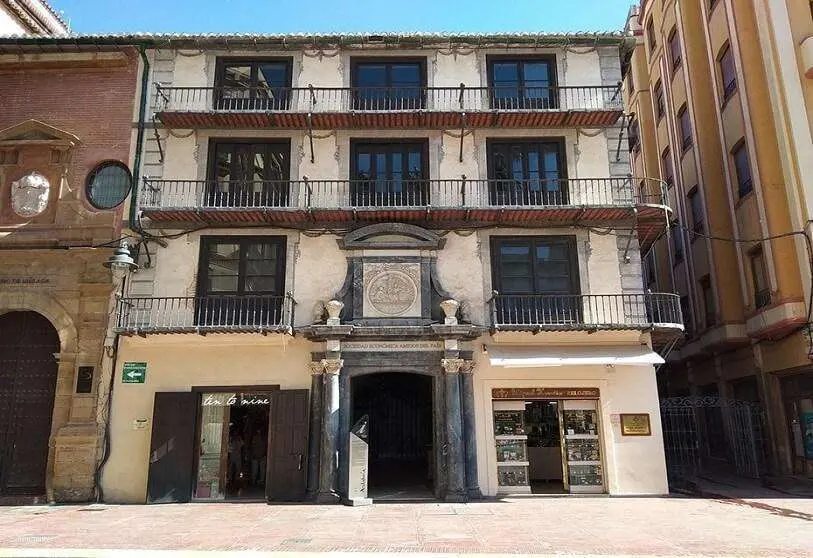
Hispanism is more alive than ever, as evidenced by two upcoming Americanist meetings to be held in southern Spain. The first of these is co-organised by Casa América Málaga-Sociedad Económica de Amigos del País, the International Commission of Hispanists (CIH) and the Héroes de Cavite Cultural Association. The former, a four-hundred-year-old institution, joins forces with the young Hispano-Americanist impulses of the latter, which demonstrate the strength of rigorous academic studies and balanced reflection in the face of falsehoods long and erroneously sustained from postulates alien to historical science.
On 16 March, at 19:00, the book by the Peruvian Rafael Aita entitled "Los Incas hispanos. La historia no contada de la conquista del Perú". The presentation will be given by Jorge Chauca García, professor at the University of Málaga linked to Casa América Málaga and secretary of the CIH, as well as a member of the aforementioned Association.
The central thesis of the book is none other than to emphasise that, as had happened in the conquest of the Mexica world, the pacification of Tahuantinsuyu had the relevant help of a multitude of ethnic groups that had been subdued or rebelled against the Incas. The indigenous nobility of these ethnic groups and the Huascaristas, enemies of the illegitimate Inca Atahualpa, perpetuated themselves in the viceregal machinery until its end, enjoying pre-eminence and privileges as lineages for their service to the king of both hemispheres.
Many names could be recovered here, suffice it to mention the paradigmatic marriage between Beatriz Clara Coya and the governor Martín García Oñez de Loyola, who fell in the southern war of Arauco. They make explicit the keystone of Hispanity: mestizaje, so proudly extolled by the Inca Garcilaso in his work, deeds and syncretic coat of arms ("with the sword and with the pen"). The indigenous people lost, yes, but they lost after the disintegration of that colossal historical construction that was the Hispanic Monarchy. Many fought under the king's banners and found themselves marginalised and abandoned by the nascent republics.
This occasion of direct contact with a prolific author in social networks and with a clear aspiration to disseminate is accompanied by the XIX Conference of History on the Discovery of America, sponsored by the City Council of Palos de la Frontera, always enthusiastically willing to vindicate their ancestors and bet on the future of the great Hispanic community from "where it all began".
The meeting to be held at the Casa Museo de Martín Alonso Pinzón on 10 and 11 March will feature academic members of the CIH, authors who, against manipulation, will highlight in their presentations the many achievements built up together in the past and the hope for a time of Hispanic brotherhood and collaboration. The papers by José Manuel Azcona or Miguel Madueño (URJC), Jorge Chauca (UMA), Vicente González (USAL), Pablo Victoria and Alberto Gil Ibáñez, will focus on the cultural fight against the black legend from a wide and suggestive thematic range. This augurs well for Hispanic studies based on historical truth and serious, constant and truthful work.
Jorge Chauca García, historian
Sent by José Antonio Sierra, Hispanism advisor.

